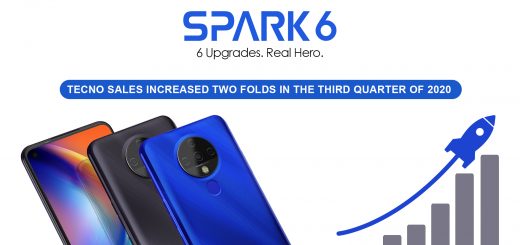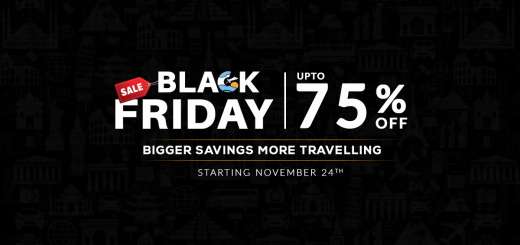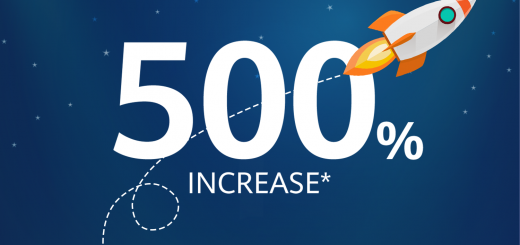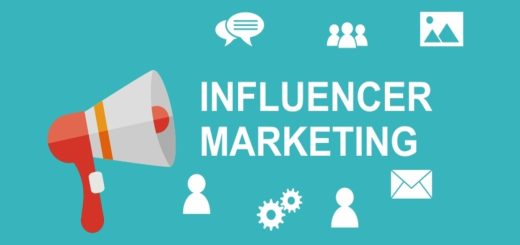Facebook Influencer Marketing: A Comprehensive Guide
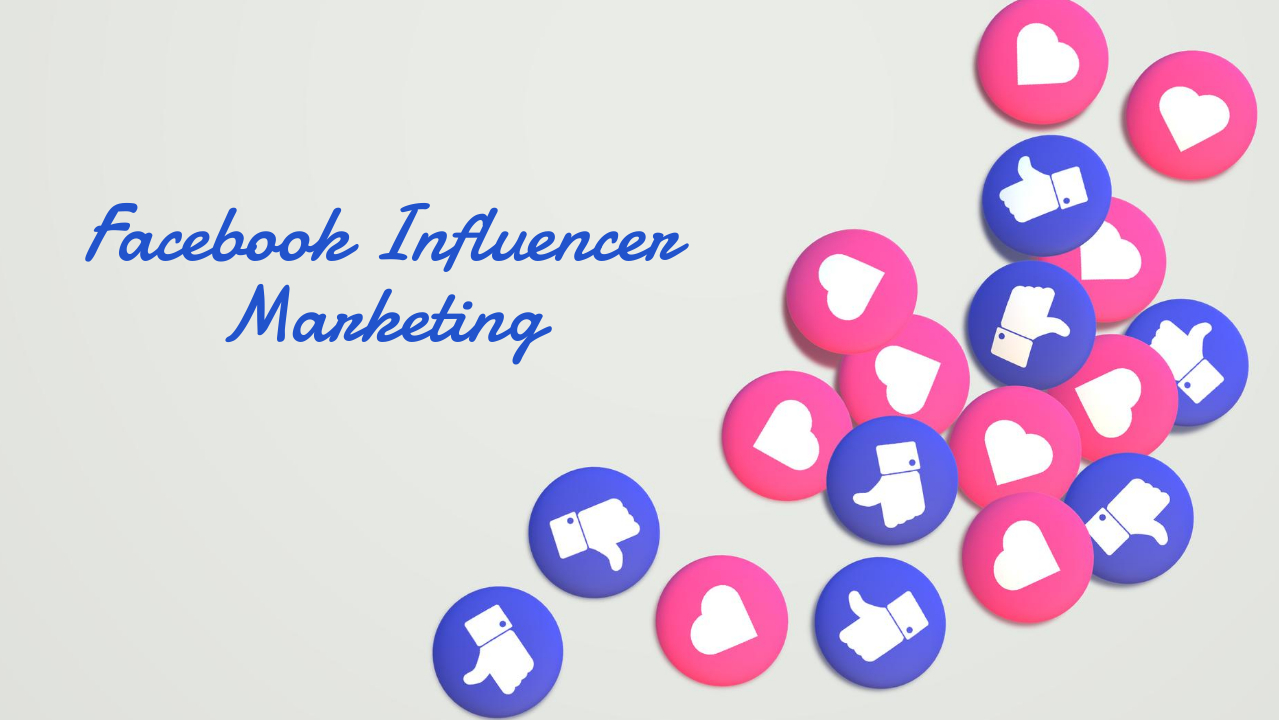
In the world of digital marketing, influencer marketing has emerged as one of the most effective strategies for reaching and engaging with target audiences. While platforms like Instagram and YouTube have been synonymous with influencer marketing, Facebook remains a powerful and often underestimated channel for influencer collaboration. In this comprehensive guide, we’ll explore the realm of Facebook influencer marketing, highlighting its benefits, steps to get started, and key considerations for success.
Understanding Facebook Influencer Marketing
Facebook influencer marketing involves partnering with influential individuals on the platform to promote products, services, or brands. Influencers on Facebook have built a substantial following due to their expertise, authenticity, or compelling content, making them valuable partners for businesses seeking to expand their reach and credibility.
Why Choose Facebook for Influencer Marketing?
Facebook’s vast user base and diverse demographics make it an attractive platform for influencer marketing. Here are some reasons to consider Facebook as a viable channel for your influencer marketing campaigns:
- Large and Diverse Audience: With over 2.8 billion monthly active users as of 2021, Facebook offers access to a diverse audience spanning various age groups and interests.
- Engagement and Sharing: Users on Facebook are known for actively engaging with content, sharing it with their networks, and generating discussions.
- Targeted Advertising: Facebook provides sophisticated ad targeting options, allowing you to reach specific demographics, interests, and behaviors.
- Cross-Platform Promotion: Facebook-owned platforms, such as Instagram, can be integrated into influencer campaigns for a more extensive reach.
- Credibility and Trust: Facebook influencers often have an established level of credibility and trust with their followers, making their recommendations highly influential.
Steps to Start Your Facebook Influencer Marketing Campaign
Launching a successful Facebook influencer marketing campaign involves several key steps. Let’s walk through the process:
1. Define Your Goals
Before you reach out to influencers, clarify your campaign objectives. Are you looking to increase brand awareness, drive website traffic, boost sales, or promote a new product? Your goals will guide your influencer selection and campaign strategy.
2. Identify Your Target Audience
Understanding your target audience is crucial. Define the demographics, interests, and behaviors of the people you want to reach. This information will help you select influencers whose followers align with your ideal customer.
3. Find the Right Influencers
Choosing the right influencers is a critical step. Look for influencers whose content and style align with your brand. You can use Facebook’s search and recommendation tools or rely on influencer marketing platforms to identify potential partners.
Consider these factors when evaluating influencers:
- Relevance to Your Niche: Are their content and followers relevant to your industry or product?
- Follower Count: While a larger following can be beneficial, micro-influencers (with smaller but highly engaged audiences) can also yield excellent results.
- Engagement Rates: Evaluate how often their posts receive likes, comments, and shares.
- Authenticity: Ensure their content is authentic, and their values align with your brand.
- Previous Collaborations: Research their previous partnerships and the results achieved.
4. Establish the Terms of Collaboration
Once you’ve identified potential influencers, reach out to discuss collaboration terms. Clearly define expectations, compensation, deliverables, and campaign timelines. Negotiate an agreement that benefits both parties.
5. Create Engaging Content
Work with influencers to develop content that resonates with their audience while aligning with your brand’s message. The content can include Facebook posts, live videos, stories, and more.
6. Launch and Monitor the Campaign
When the campaign goes live, closely monitor its performance. Track engagement metrics, website traffic, conversion rates, and other relevant KPIs. Adjust your strategy as needed to optimize results.
7. Encourage Engagement and Sharing
Encourage influencers to actively engage with their posts and respond to comments and questions. Sharing content from the influencer’s page to your brand’s page can extend the campaign’s reach.
8. Analyze the Results
After the campaign concludes, analyze the results against your initial goals. Evaluate what worked well and what could be improved. Use these insights to refine future campaigns.
Key Considerations for Facebook Influencer Marketing
To ensure your Facebook influencer marketing campaign is successful, keep these considerations in mind:
1. Disclosure and Transparency
In many regions, influencers are required to disclose their relationships with brands. Encourage transparency and ensure your influencers clearly disclose their partnerships in their posts.
2. Authenticity and Relevance
Authenticity is crucial in influencer marketing. Ensure that the influencers’ endorsements are genuine and align with your brand’s values.
3. Long-Term Partnerships
Consider building long-term partnerships with influencers rather than one-off campaigns. Long-term collaborations can lead to deeper connections with the audience.
4. Measurement and Tracking
Utilize analytics tools to measure the impact of your campaign. Track reach, engagement, click-through rates, and conversions to evaluate your ROI.
5. Compliance with Facebook’s Policies
Familiarize yourself with Facebook’s advertising policies and guidelines. Ensure that your influencer-generated content complies with these rules.
6. Creativity and Freedom
Allow influencers creative freedom to produce content that resonates with their audience. Avoid overly restrictive guidelines that could stifle their authentic voice.
Success Stories in Facebook Influencer Marketing
Several brands have successfully leveraged Facebook influencer marketing to achieve their goals. Here are a few examples:
- Daniel Wellington: The watch brand collaborated with numerous influencers to create a buzz around their products. The influencers’ stylish photos wearing Daniel Wellington watches generated massive engagement and sales.
- L’Oréal: The cosmetics giant partnered with beauty influencers who created makeup tutorials, reviews, and beauty tips. These collaborations helped L’Oréal reach a highly engaged audience interested in beauty products.
- Airbnb: Airbnb used Facebook influencer marketing to promote unique travel experiences. Influencers shared their adventures while staying in Airbnb accommodations, showcasing the brand’s offerings.
In Conclusion
Facebook influencer marketing can be a highly effective strategy to reach and engage your target audience. By partnering with influential individuals on the platform, you can leverage their credibility, authenticity, and reach to achieve your marketing goals. To succeed in Facebook influencer marketing, focus on clear goals, authenticity, effective content collaboration, and accurate measurement. With the right influencers and a well-planned strategy, your brand can build stronger connections with its audience and achieve exceptional results on this powerful social media platform.
